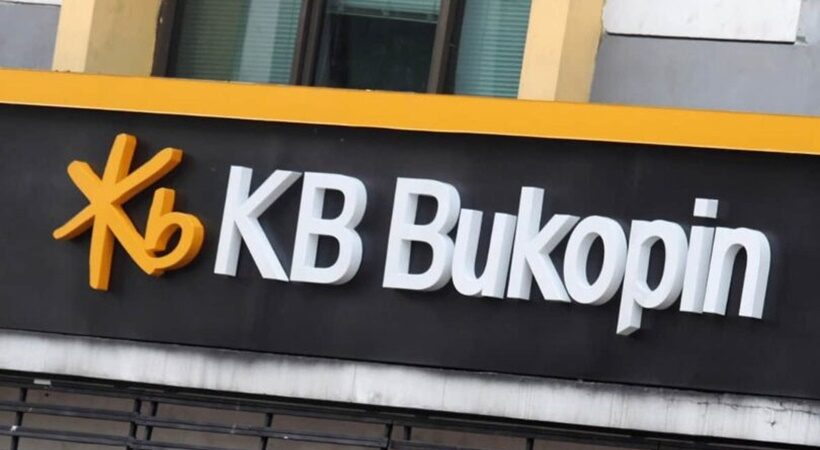Kookmin Bank (KB), one of South Korea’s largest financial institutions, is planning to sell cryptocurrency exchange-traded funds (ETFs) and futures to regular investors. If it succeeds, it will be the first bank in the area to do so.
South Korea is home to the world’s first cryptocurrency exchange-traded funds (ETFs)
ETFs (exchange-traded funds) for cryptocurrency are financial products that follow the value of a single asset or a group of assets. These products allow investors to diversify their holdings without actually owning any of the tokens.
Many ETFs of this type are already operational in Canada, Europe, and Brazil. When the ProShares Bitcoin Strategy futures-backed ETF, ticker BITO, began trading on the New York Stock Exchange in October 2021, the United States joined the group (NYSE).
According to a recent statement, South Korea might be the next country to join the list, with Kookmin Bank announcing intentions to establish such a financial instrument. The institution established the “Digital Asset Management Preparatory Committee” to achieve this purpose.”
The bank promised to launch a product that will include digital asset ETFs and a crypto-themed equity fund. The report was confirmed by Honggun Kim, KB’s Head of Index Quant Management: “We’ll start a virtual asset-themed stock fund, for example.” We also intend to produce journals.”
The South Korean government currently prohibits local banks from directly offering bitcoin trading services. On the other hand, financial institutions might create indirect digital asset opportunities through agreements with exchanges.
Cryptocurrencies should be embraced in South Korea
It is reasonable to assume that the Asian nation is among the world’s leaders when it comes to technology and digitalisation. Bitcoin and other currencies have attracted a large number of local investors in recent months, and the NFT ecosystem within South Korea is also booming.
With this in consideration, Sohn Byung-doo, CEO of Korea Exchange (KRX), believes the government should embrace the business even more. He estimates that roughly five million people in the state are digital asset investors and that the state’s crypto market’s daily trading volume is fast increasing.
At around the same time, the executive advocated for market-wide regulation. Under such legislation, more investor protection and transaction support would be provided: “Now is the moment for domestic exchanges to actively compete with international exchanges.”



















